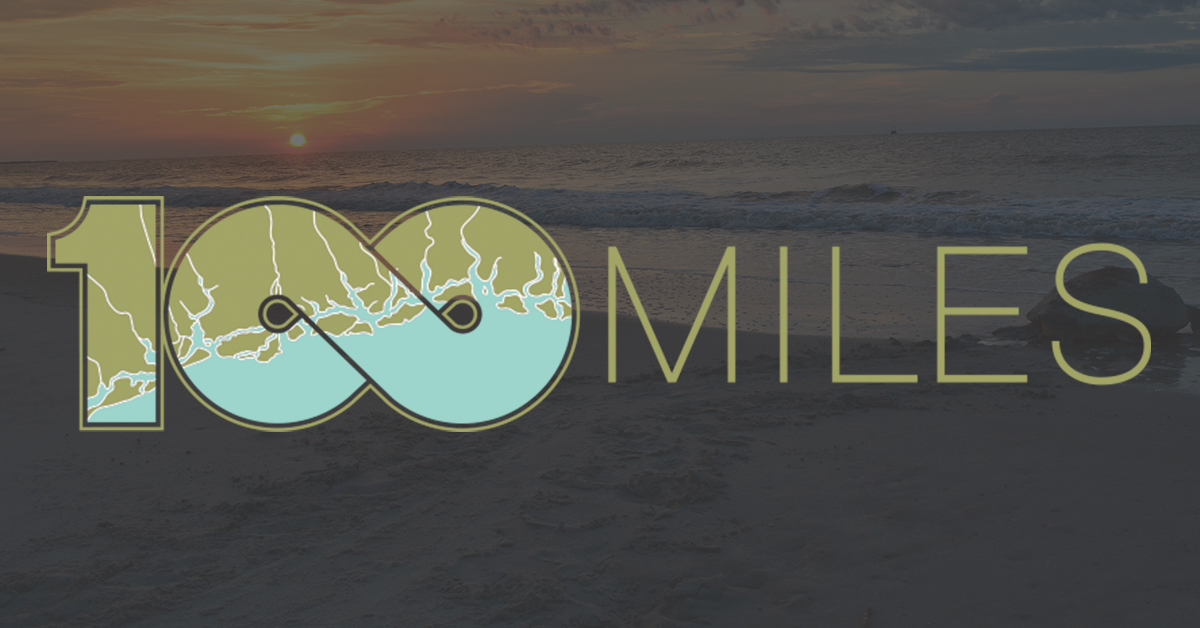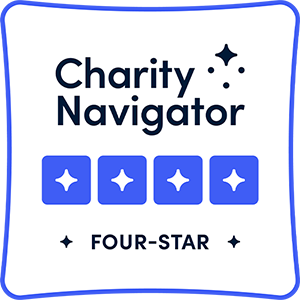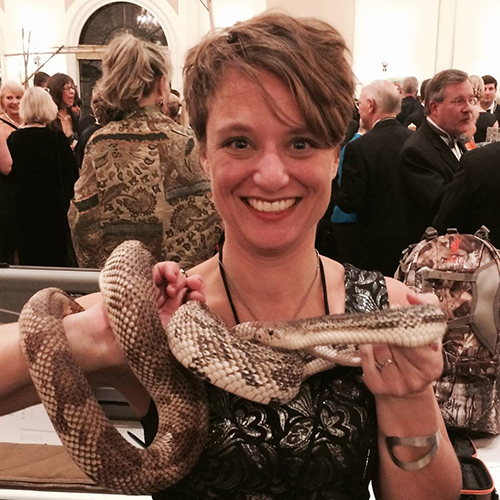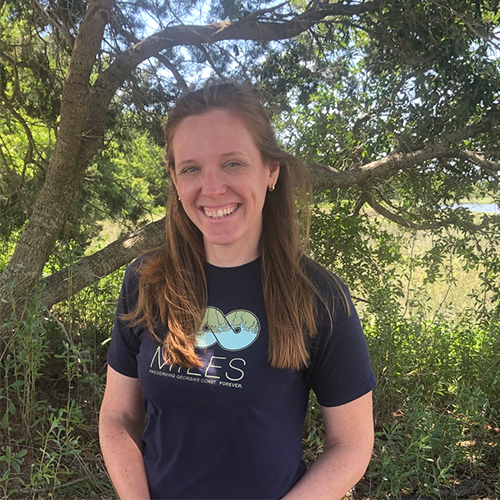Experiencing the Wonder of Georgia’s Coast
As we continue to celebrate OHM’s tenth anniversary throughout 2023, we’re committed to taking you behind the scenes of our work and staying in touch. I’m grateful to share these Insider Updates with you—look for them every other month or so, and as urgent issues arise. We’re also restarting our monthly newsletter, The Monthly Mile, this week! (Sign up here if you aren’t already on our mailing list). As always, please reach out to me or any member of our team if you have questions about our issues or ways to get involved.
After a long battle with cancer and a related but short non-cancer illness, my mother passed away on December 11. She was my best friend and the reason I am a hard-working, loyal, and conscientious human being. Since her passing, I’ve found comfort by surrounding myself with the wilderness of our coast. Sitting in silence, listening to birds, watching the water, feeling the wind—these actions ground me and give me peace. In those moments of quiet, I am reminded that we are all part of something bigger. My mother’s loss looms large in my life, but she was just one being on a planet full of others who breathe the same air and drink the same water. She is gone, and life goes on.
On September 29, my parents’ community was devastated by Hurricane Ian. Around that time, here in Georgia, the National Park Service (NPS) released a draft Visitor Use Management Plan (VUMP) for Cumberland Island National Seashore. This plan establishes the rules for the use of the park by visitors and outlines the necessary steps the NPS will take to ensure visitation does not threaten the wilderness and wildlife in the park. In this draft, the NPS proposes increasing daily visitation to the park from 300 people to 700 by increasing the number of ferry trips and the docking locations on the island.
Throughout October and November, as I was trying to help my parents recover from the storm and figure out what was happening with my mom’s health, the VUMP was on my radar. Because we had until December 30 to submit comments, I put it on the back burner as I prioritized other work and my family situation. I didn’t get a chance to dive into the plan until after my mom’s passing.
As I reviewed the document, one notion stuck with me: the value of having regular access to wilderness. And not just any wilderness, but the crown jewel of our coast. An area so significant that 50 years ago, it was designated a national seashore and preserved as a public resource for all to enjoy. Access to sacred places in nature is essential for the purpose of education, understanding, health, science, spirituality, healing, and the myriad other reasons we need to be reminded every day that life is bigger than our individual selves. Yet we know that there are many barriers to accessing outdoor spaces that disproportionately impact economically challenged communities and many communities of color. In a time when we are increasingly asking Georgians to make important decisions about our natural resources, we need to be promoting—and not restricting—responsible and equitable access to these sacred spaces.
One Hundred Miles supports the proposed visitor increase to Cumberland Island National Seashore (read our letter here). But we also know that increased access requires us to be even more intentional about the stewardship of this critical global resource. It is up to the NPS to partner with members of the scientific community to ensure that increasing visitation does not threaten the quality of Cumberland’s habitats and wilderness. If the impact of visitation is properly monitored and mitigated, the island’s more than 35,000 acres of land and 17.5 miles of beach should be able to withstand the increase.
Many people believe that the best way to protect a place is to keep people away from it. (We’ve all seen the bumper stickers: “Shhh…” or “Georgia has a coast?,” promoting the idea that our coast is Georgia’s best kept secret and should stay that way.) But being here on the coast for 10 years, I’ve learned that keeping people away has not solved our problems. To the contrary, keeping people away from our wild coast only perpetuates a disconnect—leading to a misunderstanding of its value that may lead to its destruction.
Cumberland Island National Seashore provides essential opportunities to experience wonder and awe. These experiences help us better understand our planet, ourselves, and our responsibility.
I feel fortunate that over the past few months I have allowed myself to be inspired by our coast. I know I’m not alone. As you consider OHM’s position and the proposals outlined in the VUMP, I encourage you to reflect on your own formative experiences on Cumberland Island and other barrier islands. How have these moments shaped your own relationship with our coast? And without them, would you still be willing to fight to protect it?
Thanks for reading this note and for all you do.
Megan











